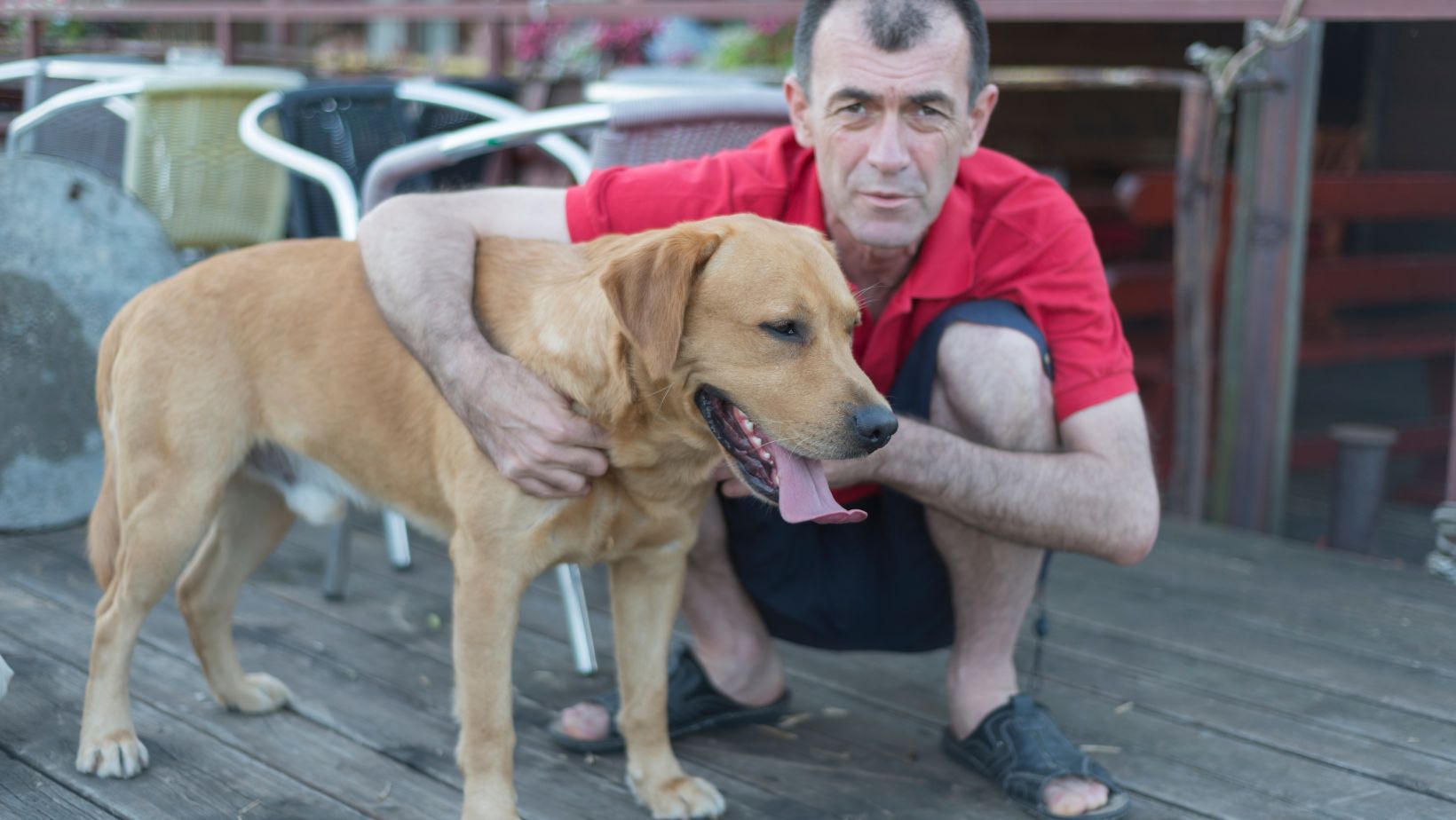How to Get Your Puppy to Stop Crying at Night
If you’ve recently brought home a new Labrador puppy, you may be facing the challenge of getting them to stop crying at night. It’s completely normal for puppies to feel anxious and lonely when they’re separated from their littermates and placed in a new environment. However, with patience and consistency, you can help your furry friend adjust to their new surroundings and sleep peacefully through the night.
One important aspect to consider is creating a comfortable sleeping area for your puppy. Make sure they have a cosy bed or crate that provides a sense of security. Placing an item with the scent of their mother or littermates nearby can also help soothe them.
Establishing a consistent bedtime routine is another key factor in helping your Labrador puppy settle down at night. Engage in some playtime and exercise during the evening hours to tire them out before bed. Additionally, avoid stimulating activities right before bedtime as these can make it harder for your puppy to relax.
Remember, it’s essential to remain patient throughout this process. Puppies are learning how to navigate their new world, and it’s natural for them to cry initially. By providing comfort, creating a peaceful environment, and sticking to a routine, you’ll be well on your way to helping your Labrador puppy get accustomed to nighttime quietude.
Understanding the Reasons Behind Your Puppy’s Night Crying
Having a new puppy is an exciting and joyful experience. However, it can be quite challenging when your adorable little friend starts crying at night. To help you better understand why your puppy cries during bedtime, let’s explore some common reasons behind this behaviour.
- Separation anxiety: Puppies are social animals and can experience anxiety when they are separated from their pack or family members. Being in a new environment without familiar faces can trigger feelings of distress, leading to nighttime crying.
- Adjustment period: Just like humans, puppies need time to adjust to their new surroundings. Transitioning from their littermates and mother to a new home can be overwhelming for them. Crying at night may simply be their way of expressing discomfort or seeking reassurance during this adjustment period.
- Physical needs: Puppies have small bladders and may need to relieve themselves more frequently than adult dogs. If your furry companion is crying at night, it could indicate that they need to go outside for a bathroom break.
- Hunger or thirst: Puppies have high metabolisms and require regular meals throughout the day. If your puppy hasn’t had sufficient food or water before bedtime, they may cry due to hunger or thirst.
- Lack of exercise: A tired puppy is more likely to sleep soundly through the night. If your furry friend hasn’t had enough physical activity during the day, they may have excess energy that keeps them awake and leads to nighttime restlessness.
- Discomfort or pain: It’s essential to rule out any potential health issues that could be causing discomfort for your puppy at night. Common causes include teething pain, digestive problems, allergies, or underlying medical conditions.
Remember, patience and understanding are key when dealing with a crying puppy. With time, love, and proper training, you can help your furry friend adjust to their new home and have peaceful nights together.
